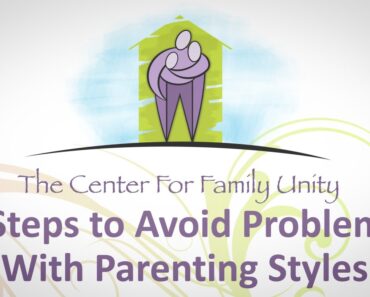Consult with your medical team about any questions you have about pregnancy, try to filter out any “opinions” from others that seem quite judgmental, and don’t let unsolicited pregnancy advice give you a headache.
But speaking of headaches… is Tylenol safe to take in pregnancy? Let’s explore.
Can pregnant women take Tylenol?
“Acetaminophen (aka Tylenol) can be administered in pregnancy,” says Antonia Francis Oladipo, MD, MSCI, FACOG, Maternal-Fetal Medicine Physician with Hackensack University Medical Center.
“It’s widely used for the treatment of pain and fever, with no high-quality evidence in humans of increased risk of pregnancy loss, congenital anomalies, or neurodevelopmental delay in offspring.”
Dr. Oladipo calls it the “Pain reliever of choice during pregnancy when short-term drug therapy is indicated.” And Tylenol can also be used as a fever-reducer, “It’s possible that it reduces the risk of some congenital anomalies.”
How much Tylenol is ok during pregnancy?
According to Dr. Oladipo, pregnant persons can take anywhere from 325mg to 650mg every four to six hours, as needed, with a maximum dose between three to four grams per day. However, don’t just take it without first consulting your doctor, she stresses.
Does Tylenol affect baby during pregnancy?
“Tylenol is safe in pregnancy and when treating maternal fevers that can be associated with adverse fetal outcomes including neural tube defects, oral clefts, and congenital heart defects,” shares Dr. Oladipo. So yes, as long as it’s not being abused, if you have a headache or a mild fever when pregnant, Tylenol is A-OK to help you feel more comfortable.
What pain reliever is safe for pregnancy?
Aside from acetaminophen, pain relievers safe in pregnancy also include those that contain aspirin. “Believe it or not, some narcotics like opioids,” says Dr. Oladipo. “These can be used for pregnant women with severe pain like a trauma caused by an accident.”
They work by activating an area of nerve cells in the brain to block pain signals. And yes, pain during pregnancy is blocked in the very same manner.
Dr. Oladipo elaborates: “A class of pain relievers pregnant women should avoid are non-steroidals and anti-inflammatory drugs (NSAIDs) because they may affect the fetal kidneys and can lead to low levels of amniotic fluid surrounding the baby.”
According to Dr. Robyn Horsager-Boehrer, an OB-GYN affiliated with UT Southwestern Medical Center in Dallas, Texas, an NSAID drug to avoid when pregnant is ibuprofen. Wait till the post-partum phase for that medicine.
When it comes to any medicine, The American College of Obstetrics and Gynecology (ACOG) says, “As always, any medication taken during pregnancy should be used only as needed, in moderation and after the pregnant patient has consulted with their doctor.”
How common are headaches in pregnancy?
Remember–pregnancy symptoms differ from person to person. For some, headaches can be common early on in pregnancy, while others never get them. According to the National Health Service (NHS) England, headaches in the first trimester usually improve as you ease into your second and third trimesters.
They don’t harm your baby; they’re just uncomfortable—and thankfully, if your MD says to go for it, Tylenol can help kick your headache to the curb.
Pregnancy headaches can also be triggered by a lack of sleep and dehydration, so when expecting, do your best to get a cozy night of sleep and maintain your water intake.)
Something to keep in mind: NHS England warns, and studies suggest, that a headache may be a sign of pre-eclampsia (high blood pressure when pregnant and risks to the liver and kidneys), “Which can lead to serious complications if it’s not monitored and treated. Pre-eclampsia usually starts after 20 weeks of pregnancy.”
Are generic acetaminophen brands OK?
Many drugstore chains carry and manufacture a generic version of acetaminophen, which is oftentimes their own store brand, which is heavily regulated. “And is safe to use as a substitute,” says Dr. Oladipo. These can treat fever during pregnancy and aches and pains just as effectively as the name brand. Keep in mind it’s important to take the lowest effective dose.
Does taking Tylenol during pregnancy cause autism or ADHD?
Some studies suggest there may be a link, but most doctors believe small amounts of acetaminophen used during pregnancy on an occasional basis won’t cause attention deficit hyperactivity disorder (ADHD). It’s important you discuss this with your own doctor, though.

































